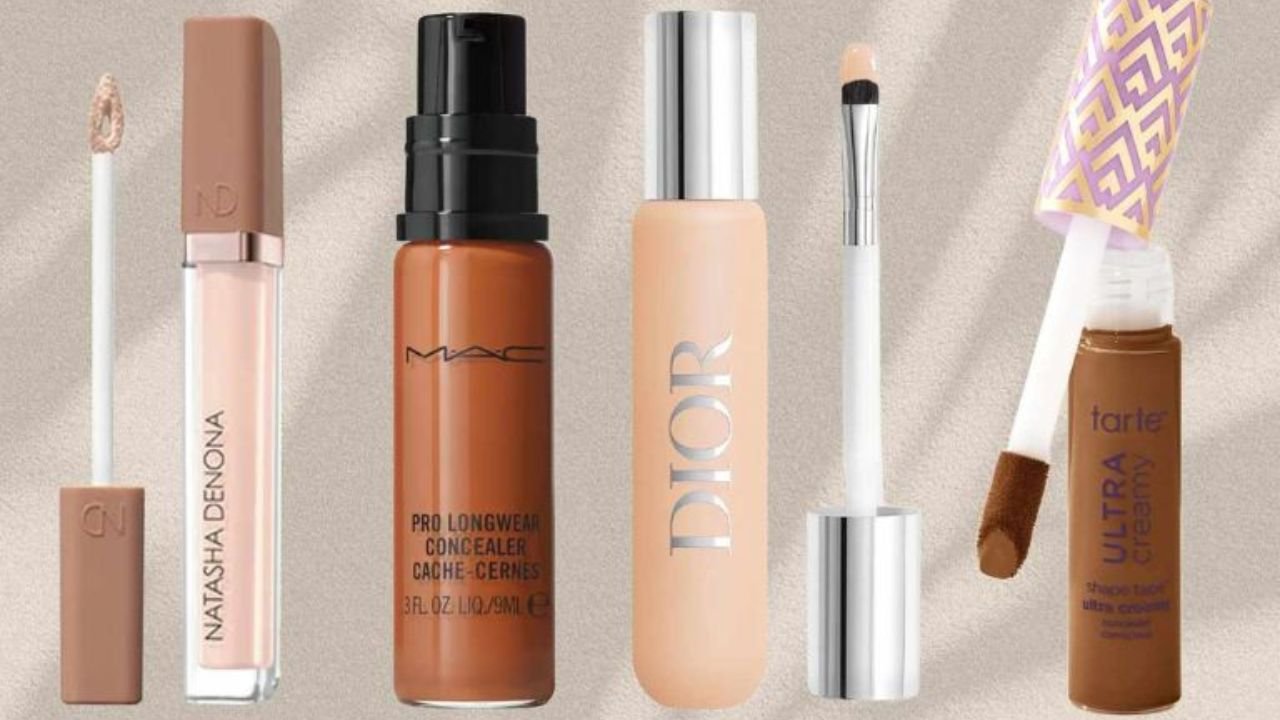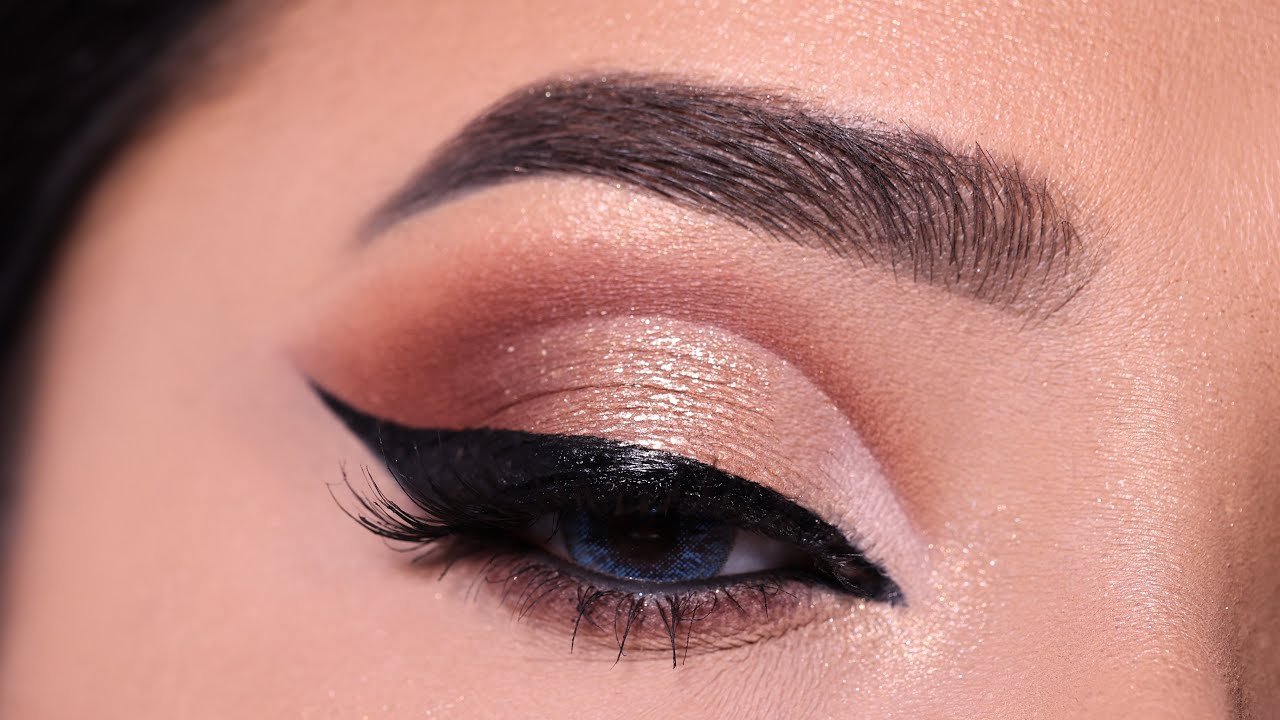Additional Things To Consider for Your First Makeup Kit

Categories :
1. Skin Type Compatibility
- Identify your skin type: oily, dry, sensitive, or combination.
- Choose suitable formulations:
- Oily skin benefits from oil-free, matte-finish products.
- Dry skin needs hydrating, moisturizing formulas.
- Sensitive skin should use hypoallergenic, fragrance-free products.
- Test products: Always patch-test new products to prevent reactions.
2. Skin Tones and Undertones
- Find your undertone: cool, warm, or neutral.
- Select shades that complement your skin tone:
- Cool undertones look good with pinks and blues.
- Warm undertones suit golds and oranges.
- Neutrals are versatile and can work with most shades.
3. Quality and Safety
- Check for safety: Look for reputable brands with good reviews.
- Avoid harmful ingredients: Stay away from parabens, sulfates, or heavy fragrances if you have sensitivities.
- Expiration dates: Replace products as they expire (usually 6-12 months for liquids and creams).
4. Budget and Investment
- Start affordable: Many drugstore brands offer quality products suitable for beginners.
- Invest in essentials: Prioritize good quality for multi-use products like foundation and mascara.
- Expand gradually: Add more specialized or luxury items as you become more confident.
5. Storage and Organization
- Keep products clean: Store in a cool, dry place away from sunlight.
- Use organizers: Small containers, pouches, or makeup bags help keep everything accessible.
- Sanitize tools: Clean brushes and applicators regularly to prevent bacteria buildup.
6. Application Tools
- Brushes and sponges: Invest in a few good brushes (foundation, eyeshadow, blush, etc.).
- Beauty blender or sponge: Great for blending foundation and concealer.
- Disposable applicators: Use for products like mascara or lip gloss to maintain hygiene.
7. Learning and Practice
- Watch tutorials: YouTube and beauty blogs offer tutorials suited for beginners.
- Practice: Experiment with different looks to find what suits you best.
- Learn techniques: Blending, contouring, and eye shaping require practice.
8. Personal Style and Preferences
- Define your style: Natural, glam, edgy, or artistic.
- Choose shades and products accordingly: Tailor your kit to match your aesthetic.
- Be flexible: Don’t feel pressured to follow trends—your comfort and confidence are key.
9. Travel and Portability
- Opt for travel-sized products: Perfect for on-the-go touch-ups.
- Multi-use products: Choose items that serve multiple purposes (e.g., lip and cheek tints).
- Secure packaging: Ensure containers are leak-proof.
10. Ethical and Cruelty-Free Considerations
- Vegan and cruelty-free brands: Support brands that don’t test on animals.
- Eco-friendly packaging: Look for brands committed to sustainable practices.
Final Tips
- Start simple: Focus on a few versatile products rather than overwhelming yourself.
- Be patient: Mastering makeup takes time; practice makes perfect.
- Have fun: Makeup is a form of self-expression—enjoy experimenting!



